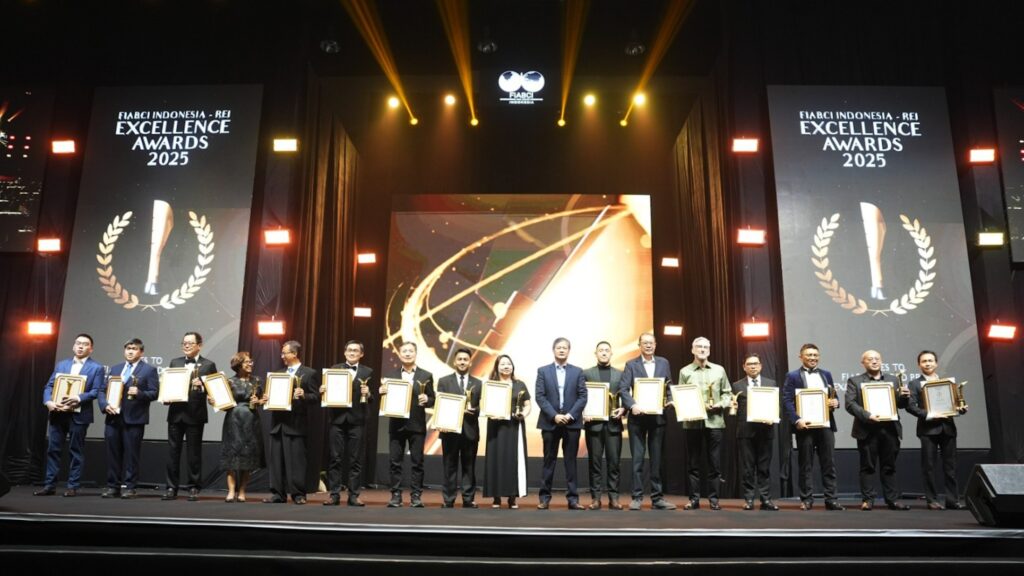Washington / Kyiv — U.S. President Donald Trump has issued one of his harshest rebukes yet toward Russian President Vladimir Putin, accusing him of “playing with fire” after Moscow launched one of the deadliest waves of attacks on Ukraine in the past three years of war. The outburst came as Russian troops seized control of four villages in the northeastern Sumy region, raising questions about Moscow’s real intentions behind recent peace overtures.
In a Tuesday post on Truth Social, Trump implied he had previously held back “really bad things” from happening to Russia. The vague yet ominous statement marks a dramatic shift in tone from a leader who has often claimed cordial relations with Putin.
Meanwhile, Russia’s advance has exposed new vulnerabilities in Ukraine’s defensive lines. The capture of Novenke, Basivka, Veselivka, and Zhuravka reflects a calculated push to stretch Kyiv’s military resources thin—while simultaneously engaging in slow-moving diplomatic talks under the guise of peace.
Critics across Ukraine and Europe now accuse Moscow of using the negotiation process to buy time for battlefield gains. “The enemy is continuing attempts to advance with the aim of setting up a so-called ‘buffer zone’,” Sumy Governor Oleh Hryhorov said. Similar sentiments are echoed in Kyiv, where officials say Moscow’s delay in finalizing a ceasefire memorandum is deliberate.
The Kremlin has denied supplying weapons to Pakistan in a parallel controversy with India, further fueling suspicions about Russia’s regional tactics and its disregard for international pressure. As Ukrainian forces attempt to repel incursions in the east and northeast, Russia’s drone-backed, motorcycle-led units continue expanding their footprint—disruptive and unpredictable.
Former President Dmitry Medvedev responded to Trump with thinly veiled nuclear rhetoric, stating that the only “REALLY BAD thing” is World War III. Whether intended as a bluff or a warning, the message encapsulates the precarious nature of the current geopolitical standoff.
Despite increasing urgency, Trump has not yet implemented new sanctions, though insiders suggest a prepared package is ready for deployment. Meanwhile, Ukrainian President Volodymyr Zelenskiy has redoubled appeals for military assistance, warning that Russia may soon launch new offensives in Kharkiv, Sumy, and Zaporizhzhia.
Behind the scenes, intelligence analysts and diplomatic sources question whether Putin’s “buffer zone” is merely the beginning of a wider territorial ambition. As global powers tread cautiously, the possibility of renewed escalation looms large.
The real question now: Is the ceasefire process genuine diplomacy—or a Trojan horse?






